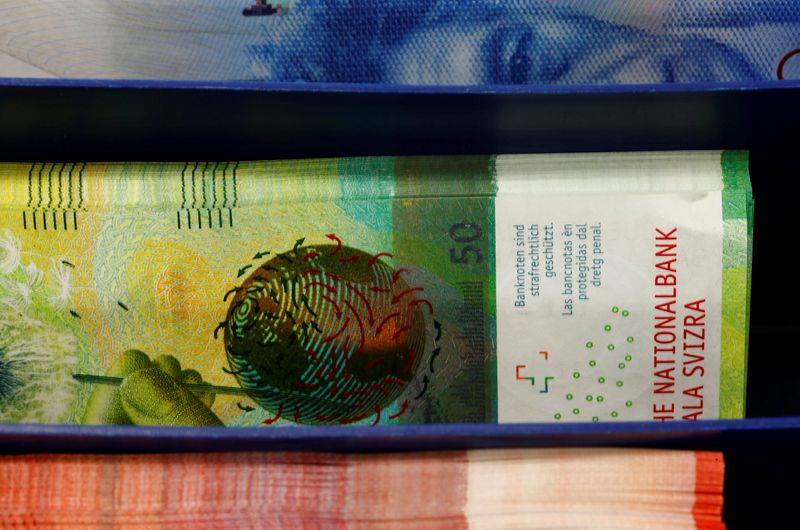UBS changed its view on the Swiss franc and changed the currency’s status from ‘least preferred’ to ‘neutral’. This reassessment comes amid expectations that the US dollar will maintain its strength, with potential for periodic appreciation.
However, UBS does not expect a sharp rally or significant depreciation of the dollar when the Federal Reserve begins its rate cutting cycle, which is expected to begin in September.
The UBS forecast suggests that geopolitical uncertainties, especially those related to the Middle East, are likely to persist. The company notes that unless there is an increase in oil prices due to actual supply disruptions, these geopolitical factors will not lead to a substantial increase in market risk aversion.
The company continues to encourage investment in currency crosses, which involve trading between two currencies, with the exception of the US dollar. UBS’s adjustment to the status of the Swiss franc signals a change in the perceived risk and potential return of holding or trading the currency.
UBS’s reassessment of the Swiss franc reflects a broader analysis of the currency’s position in the market. The new ‘neutral’ rating of the Swiss franc, previously considered a less favorable option, suggests that the risks associated with short positions in the currency may have diminished.
This article was produced with the support of AI and reviewed by an editor. For more information see our General Terms and Conditions.


